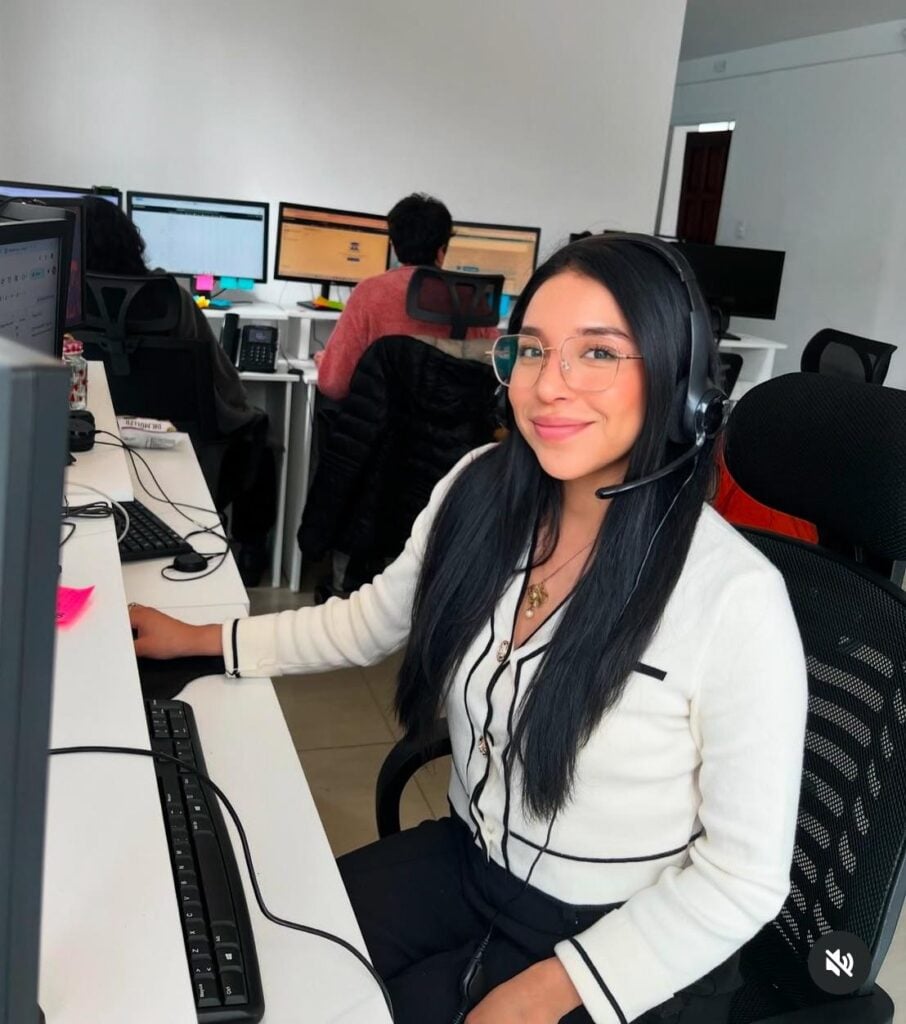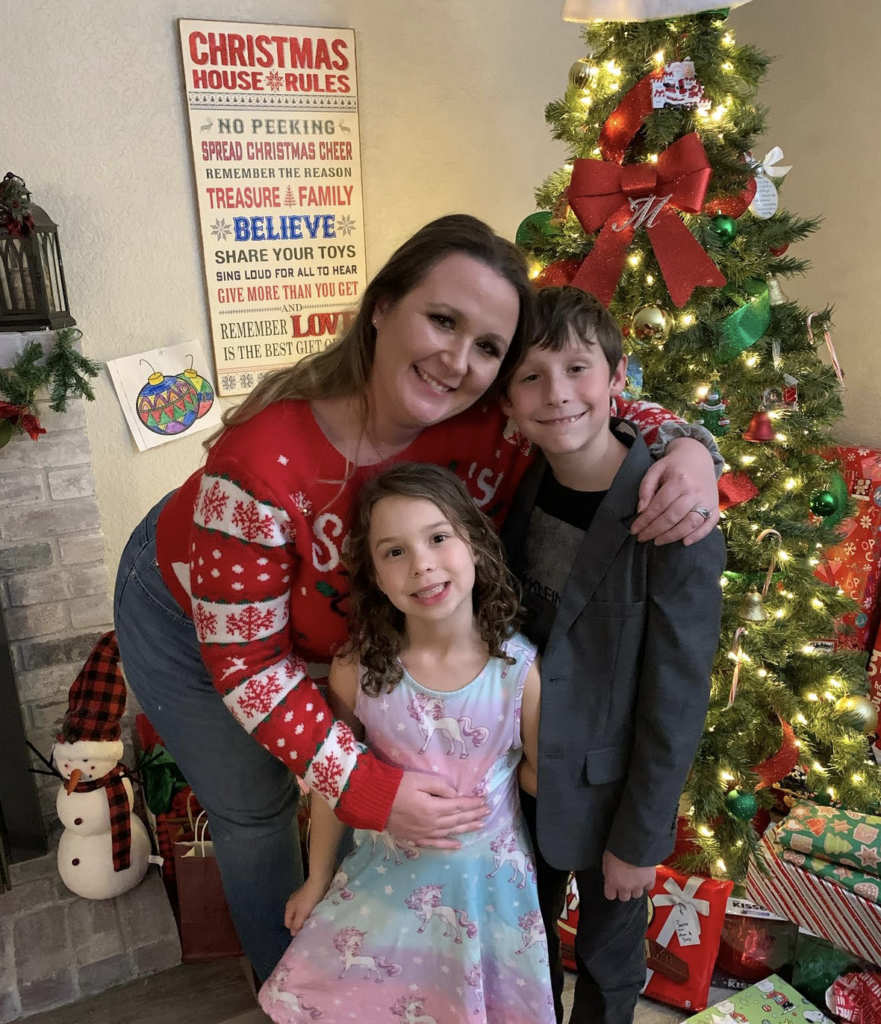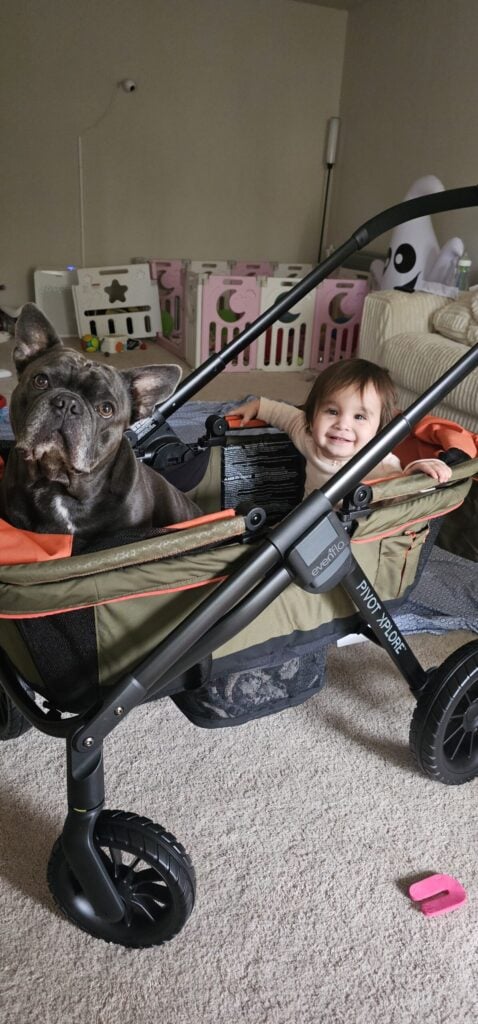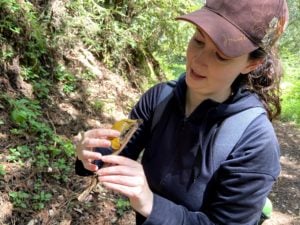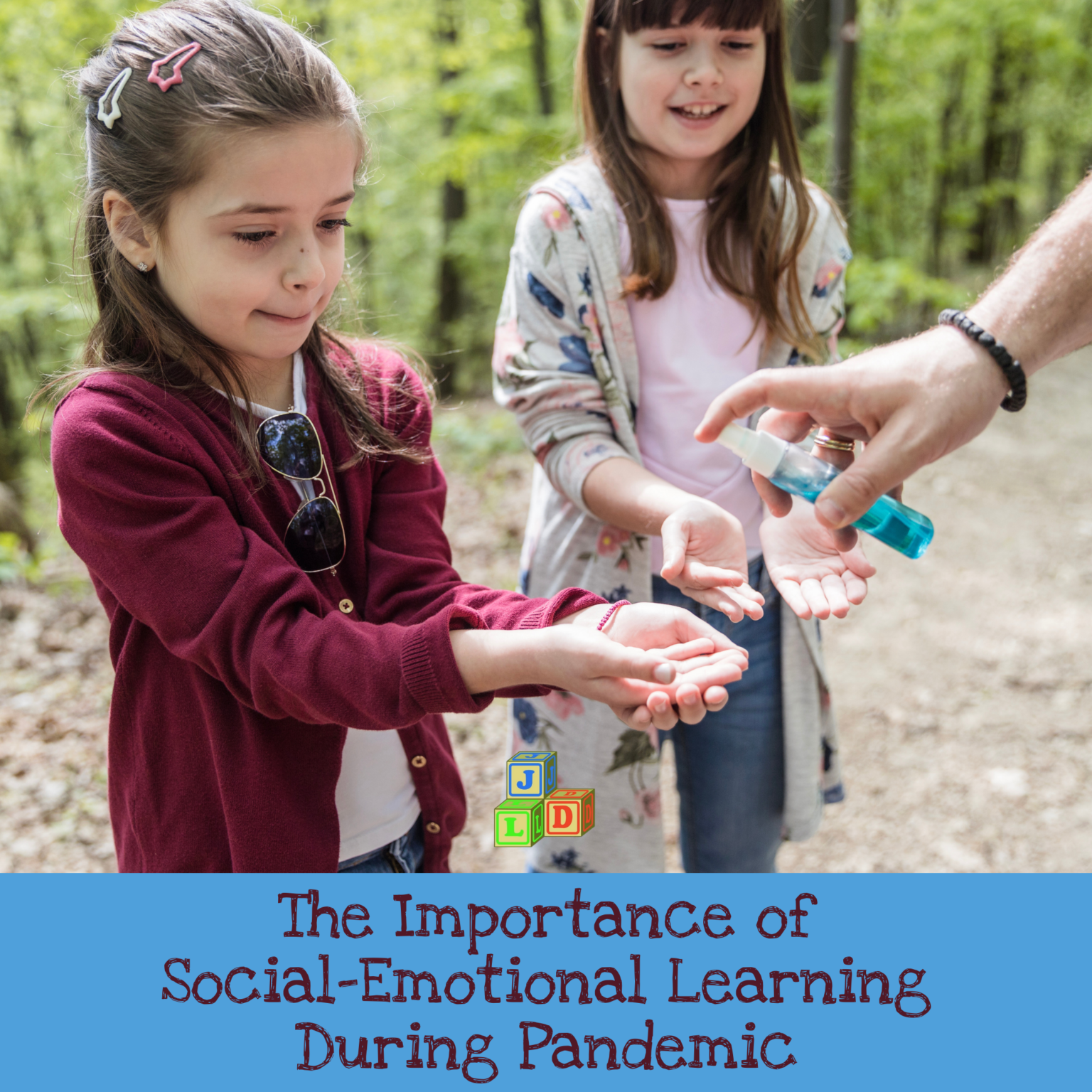
Proverbs 22:6 Train up a child in the way he should go: and when he is old, he will not depart from it.
Social and Emotional Learning are skills that are most critical for our children’s well-being specially during pandemic. It is not reading or doing Math. The Social-Emotional Learning (SEL, for short) includes abilities like maintaining supportive relationships, managing emotions, handling stress, gaining confidence, empathizing with others, and making responsible decisions. These skills will help children to be able to withstand or recover quickly from difficult conditions. It develops self-awareness, self-control, and interpersonal skills that are vital for school, work, life success and in the community.
Research also demonstrates that when teachers promote SEL, children are better able to cope with everyday challenges and benefit academically, professionally, and socially. As the desire to improve SEL for our children to grow, it is increasingly important to measure its effectiveness. But how do we measure SEL effectiveness and schools supports it?
Last fall, California school districts conduct online surveys that collected data on students’ educational engagement and routines at home, their connectedness with teachers and classmates, and their social-emotional status. The survey touched on a wide variety of topics including how frequently children interacted with their teachers, whether they had caring relationships with school adults, and the quality and extent of their relationships with peers; as well as social-emotional competencies like self-awareness, self-efficacy, problem-solving, and gratitude. It also measured the prevalence of negative situations like cyberbullying, social-emotional distress, and sadness.
The SEL Assessment Guide, created by Collaborative for Academic Social and Emotional Learning (CASEL) and the SEL Assessment Work Group, is an online resource that helps educators select and effectively use the most popular SEL student assessments. The guide offers detailed information about the specific SEL competencies measured by widely used assessments, as well as reporting features, training and other implementation supports that are offered by the developers. It is intended to help educators decide which measures are good options for their specific circumstances.
Now that California educators have a knowledge on how well their students’ needs were addressed, we as parents and community members have a critical role to play in ensuring that schools turn this information into action. We can advocate to our children’s district and school leaders to invest time and resources into SEL, in addition to their academics. As a parent we need our kids to catch up on all of the learning they missed.
If you’re struggling with the challenges of helping your child (and yourself) manage this new emotional and academic landscape, our experts are ready to support you with our services, and support groups. You can call us at (408) 337-2727 We’re here for you!












